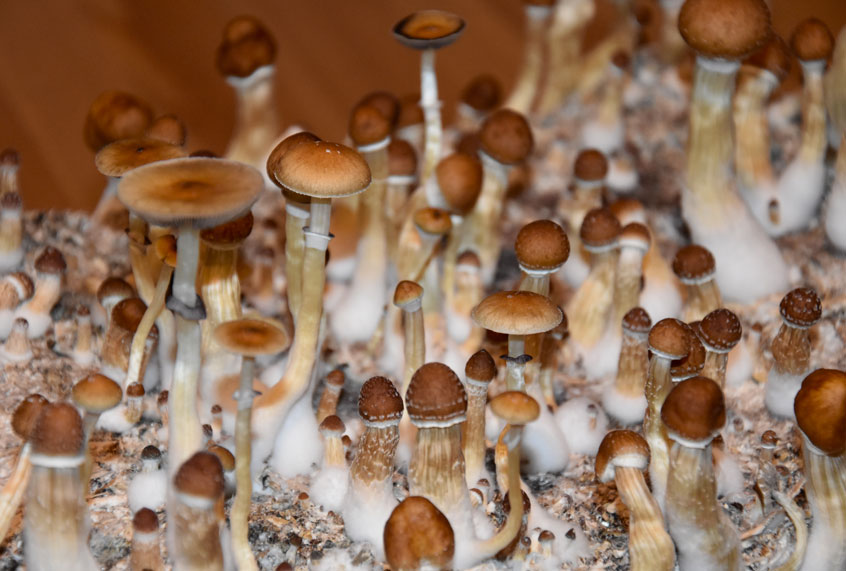Hours after numerous media outlets had the Denver magic mushroom initiative going down to defeat Tuesday night, it managed a near-miraculous last-minute comeback to squeak out a victory by a margin of 50.56 percent to 49.44 percent late Wednesday afternoon, according to unofficial Denver Election Division results.
Election officials tweeted that “the results remain unofficial” until the city certifies them on May 16. If they hold, Denver will become the first locality in the United States to effectively decriminalize the use and possession of a psychedelic substance.
Even Decriminalize Denver, the group behind the measure, had conceded defeat Tuesday night, with group leader Kevin Matthews saying “it’s not a loss, it’s a lesson,” as the measure trailed by thousands of votes throughout the evening. But then the tables turned, and now Denver has made history.
With the passage of I-301, the Denver Psilocybin Mushroom Decriminalization Initiative, voters have told the city they want to “deprioritize, to the greatest extent possible, the imposition of criminal penalties on persons 21 years of age and older for the personal possession of psilocybin mushrooms.” The measure also “prohibits the city and county of Denver from spending resources on imposing criminal penalties on persons 21 years of age and older for the personal use and possession of psilocybin mushrooms.”
Personal possession is defined under the measure to include growing one’s own mushrooms, but the mushrooms may not be “used or displayed in public.” The measure does not decriminalize sales, saying they are still subject to prosecution under state law.
Decriminalize Denver campaigned on the criminal and social justice implications of the proposal, as well as touting the potential therapeutic benefits of magic mushrooms. Interest in those benefits is part of a psychedelic renaissance underway for years now that is manifested not only in significant increases in the number of young people reporting having used hallucinogens but also an explosion of research into the therapeutic properties of psychedelics.
Denver may be the first place where the psychedelic renaissance passes an electoral test, but it won’t be the last. The Oregon Psilocybin Society is already in the signature-gathering phase of its 2020 Oregon Psilocybin Service Initiative, while just to the south, a group calling itself Decriminalize California is just beginning efforts to get on the 2020 ballot with a statewide decriminalization initiative there.
For the Drug Policy Alliance, which maintains an office in the state, Wednesday’s victory in Denver was only the beginning.
“Noone should be arrested or incarcerated simply for using or possessing psilocybin or any other drug,” said the group’s Colorado state director, Art Way. “If anything, this initiative doesn’t go nearly far enough. Given the scientific and public support for decriminalizing all drugs, as Portugal has done successfully, we need broader reforms that can scale back the mass criminalization of people who use drugs.”
The state — and the nation — need to go further, he said: “More than a million people are arrested each year in the U.S. for drug possession, butthis has done nothing to reduce the availability of drugs or the harms they can cause.More comprehensive decriminalization of drug use and possession is necessary to achieve the cost savings and public health outcomes that will maximally benefit Colorado.”
But this is a start.
The Drug Policy Alliance is a funder of Drug Reporter.


